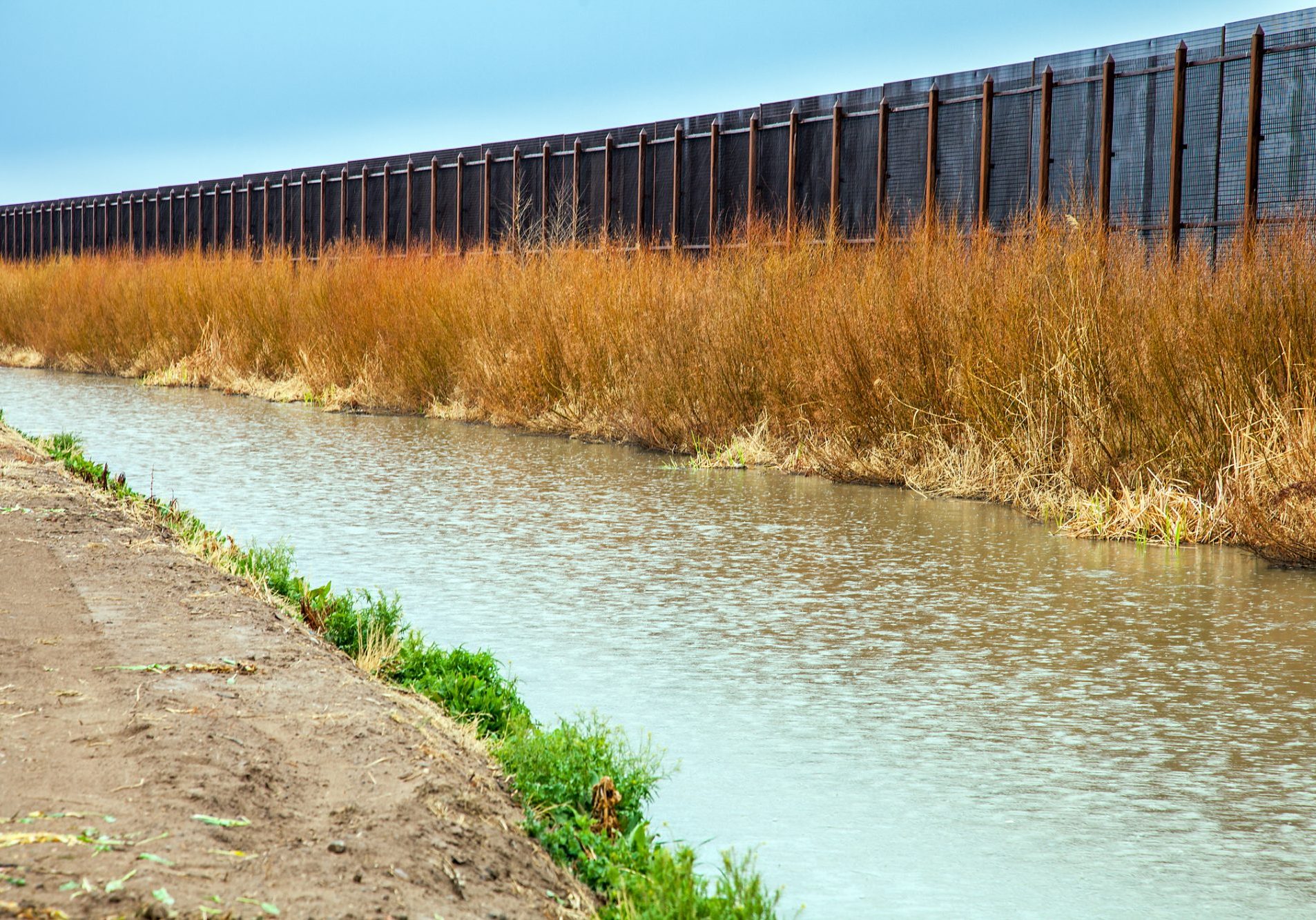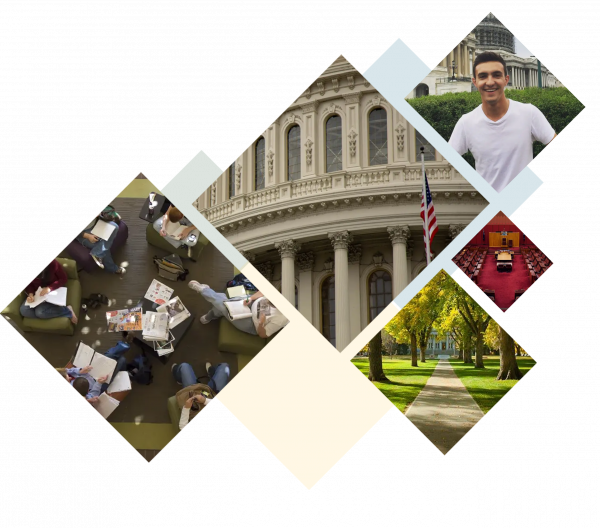Methods Bites
Methods Bites is an engaging and interdisciplinary social science methods workshop that aims to enhance the skill-set of faculty and students within the College of Liberal Arts. Through our monthly workshops, we provide easy-to-digest theoretical and methodological introductions to cutting-edge quantitative and qualitative research methods, as well as other skills relevant to professional development within academia and beyond. Our goal is to facilitate a deeper understanding of established and innovative social science methodologies that are relevant to diverse research fields.Our workshop series also includes day-long events that enable participants to apply classroom learning to real-world research problems. Whether you are a seasoned researcher or a novice, Methods Bites is the ideal platform to develop your research skills and build your expertise. We welcome faculty and students from the entire CSU community to join us.
If you have any queries, want to suggest a topic or would like to learn more about our program, please don't hesitate to reach out to Professor Dominik Stecula or Professor Daniel Weitzel. We look forward to hearing from you!
The PhD Writing Group
The POLS PhD Writing Group is a student-run meeting that convenes bi-weekly and welcomes all PhD students in the department to share ideas, set writing goals, and workshop drafts of its members. The group has been meeting for nearly two years, and usually meets every other Wednesday in-person on campus.
When requested, Writing Working Group members provide feedback on student materials according to their form, style, organization, message, as well as incorporate any more specific feedback author’s request. Group members do not exist as a copy-editing service, nor are they equipped to handle this task. They will, however, provide in-line edits to author documents/manuscripts where appropriate, especially as it relates to improving writing style and enhancing clarity of meaning.
In 2022-2023, it has aided in the production of the following publications and presentations:
- Erin Fitz’s CSU Research Paper in Spring 2022
- Erin Fitz’s MPSA Presentation in Spring 2023 - Going green or making green? The effects of partisanship and inflation on environmental executive orders, 1945− 2020
- Focused Writing for Success: A Basic Writing Recipe for Undergraduates - Introductory Presentation for 100 and 200 level POLS Classes
- Labour on the leading edge: A critical review of labour rights and standards in renewable energy
- Can Exceptionalism Withstand Crises? An Evaluation of the Arctic Council's Response to Climate Change and Russia's War on Ukraine
- Dissertation Proposal: Is the Arctic Heating Up? (Currently under committee review)
Please contact Ph.D candidate Brendan Davidson for specific meeting days and any questions.
Policy Lab
- Student-centered. We believe we can have the biggest impact by investing in students. Lab's curriculum is self-owned by participating students, and student needs and interest come first in arranging meetings.
- Collaborative community. By supporting students through intentional peer and faculty mentorship, promoting student cohorts, and developing student leadership, we aim to create a welcoming, encouraging environment for learning and research.
- Question oriented. We want to aid students and faculty in developing research questions, then answering them.
- Bridging capacity. We intend to serve as a bridge-point for policy research on campus. Our ideal world is students use lab as a connection point to make others aware of other on-campus and off-campus opportunities, including those in other disciplines and fields.
Please contact Professor Ryan Scott with any questions.

